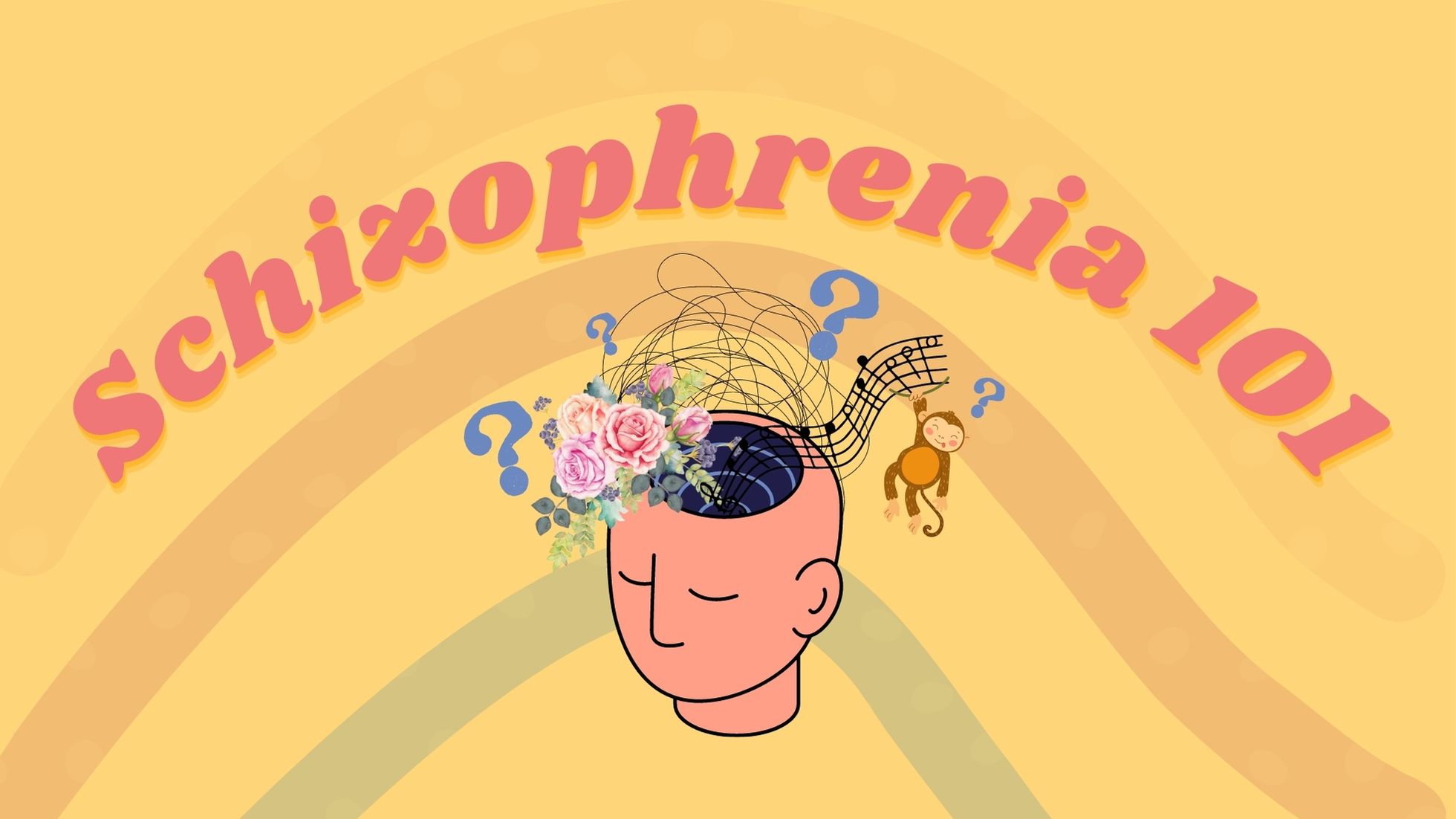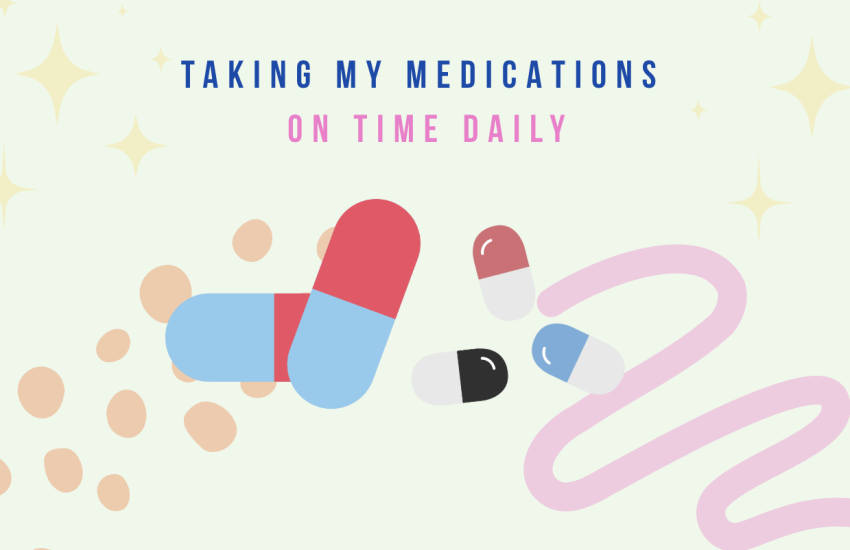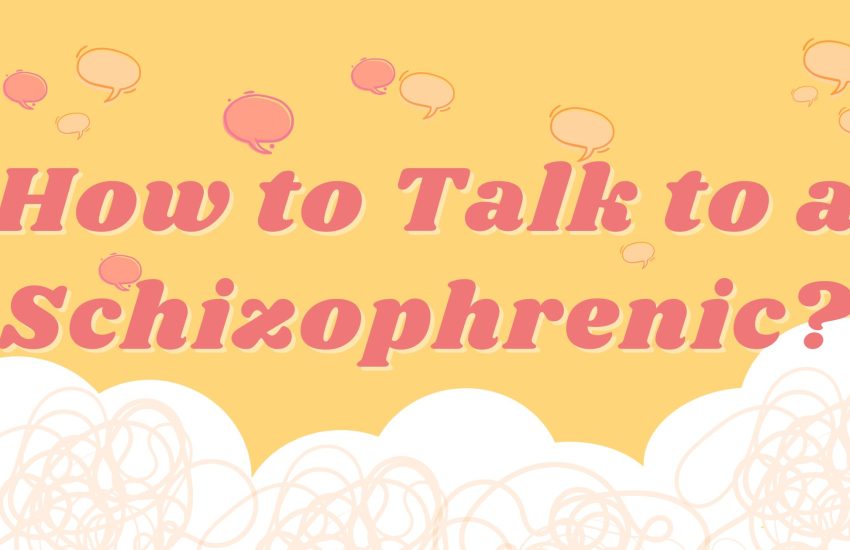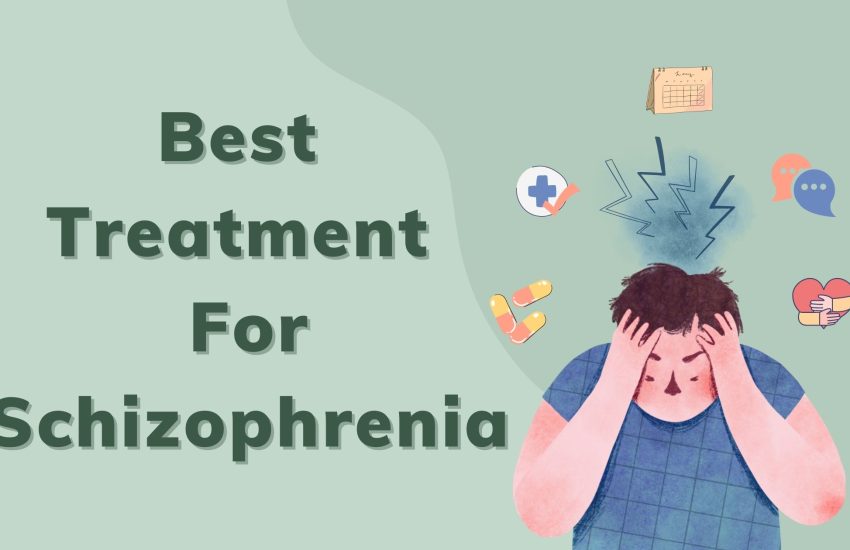
All You Need To Know About Schizophrenia
I have never experienced any symptoms of schizophrenia during my younger days. They surfaced in my mid-twenties during my college days. After the passing of my father, the symptoms became worse. It was then that I sought professional help and was diagnosed with schizophrenia. It was scary for me. Having no idea what it is and thinking of it as a ‘serious brain health issue’ made me very nervous and hopeless about my future.
This guide encompasses a basic understanding of schizophrenia and what you can do if you are unsure if you have it, just got diagnosed, or know someone who is schizophrenic.
What Is Schizophrenia?
A simple definition of schizophrenia is a brain health issue that deals with symptoms like hallucinations, delusions, disorganized thinking and speech, and/ or disorganized behaviour and mismanagement of feelings.
Schizophrenia is a brain health disorder that affects approximately 1% of the population. What’s more, the condition is commonly misunderstood by the mainstream, which leads to people struggling with it feeling isolated. It is important to know that schizophrenia is not a split personality or multiple personalities disorder. Schizophrenia is a brain health issue, while split personality and multiple personalities disorders are psychological disorders.
People have a unique way of seeing the world, and those with schizophrenia see things differently from the majority of others. They tend to find it difficult to differentiate reality from their delusions. For example, there have a strong fear that others may hear their thoughts even though it is not so, in reality. That is why a person with schizophrenia may have trouble connecting with other people and making sense of the environment around them.
What Causes Schizophrenia?
There are no exact causes of schizophrenia. Genetic factors and/or physical, psychological and factors regarding the environment may make an individual more likely to develop schizophrenia. A big change or stressful life events may trigger the onset of schizophrenia.
What Is A Schizophrenic Like?
There is a stigma regarding schizophrenics. The mainstream media loves portraying them as being out of control. Many assumed that they are dangerous and capable of causing harm to others.
Referring to the study led by Dr Olav Nielssen from the University of Sydney in Australia, schizophrenics are rarely dangerous. The risk is even lower if they “received treatment with antipsychotic medication”. Statistically, we are speaking of 1 in 14 million to 1 in 18 million people a year who may be homicidal.
Depending on the individual, some schizophrenics may experience one or more symptoms as mentioned earlier. In general, they usually have a harder time interpreting reality due to delusions that appear in the form of voices or visuals. This may limit their daily activities or causes difficulty in getting through the day. On certain days, everything may seemed normal, but on others, it can be very emotional when battling with the delusions. However, there are some schizophrenics who can function well.
This brain health issue may be disabling for most schizophrenics. The symptoms such as hallucinations, delusions, and/ or lack of motivation often deter them from working on tasks.
Although it is difficult, most of them can carry out their daily activities as usual. It just takes extra effort compared to other individuals. Therefore, it is not a surprise that many schizophrenics are successful and can sustain a fulfilling life on their terms. There are lecturers, lawyers, and even PhD holders among them.
I Have Hallucinations. Am I Schizophrenic?
Maybe. For example, the assumption of voice hearing is usually associated with schizophrenia. Voice hearing can also happen to those who are depressed or under high stress.
The Diagnostic and Statistical Manual of Mental Disorders, Fifth Edition, (DSM-5) recognize that a schizophrenic must experience at least a combination of two of the following main symptoms which include delusions, hallucinations, disorganized thinking in terms of speech, disorganized behaviour or catatonic behaviour and negative symptoms over a period of at least 6 months or more.
Experts believe that schizophrenia spectrum disorder causes schizophrenics to develop a wide range of combinations of symptoms at a certain time. It may change according to the spectrum and disrupt their sense of reality.
Schizophrenia spectrum disorder may include having one or more symptoms together at the same time. For example, hearing voices, having delusions and/or feeling demotivated and listless sometimes.
Therefore, it is best to get an expert opinion if you think you or your loved one might be schizophrenic.
Are All Schizophrenics the Same?
There are actually many types of schizophrenia, although they may have the same symptoms.
One of the most common types is paranoid schizophrenia which usually causes paranoia resulting in distrust and suspiciousness of others.
Others include:
- Disorganized Schizophrenia – disorganized behaviour and speech which includes disturbance in the expression of emotions. One may act out of the norm and speak incoherently.
- Catatonic Schizophrenia - affects the individual’s actions and movements in extreme ways. For example, he/ she might stay totally still and not talk at all.
- Undifferentiated Schizophrenia – an outdated term describing a subtype of schizophrenia. The Diagnostic and Statistical Manual of Mental Disorders (DSM) does not acknowledge it as a subtype. It is generally referred to people who are experiencing signs of psychosis.
- Residual Schizophrenia – a schizophrenic who no longer suffers from an episode of schizophrenia, delusions, or hallucinations.
Can Schizophrenia Be Cured?
However, the truth is that getting the right help from professionals is important. I will not lie because it is a tough journey, but manageable with proper medication, therapy, and support.
Finding the right dosage of medication is proven to be beneficial to schizophrenics. Most importantly, having a great support system from family and friends will make them feel safer. A holistic approach would be preferable.
Hope For Us, Schizo Warriors!
You may have seen in movies or on TV that schizophrenics are portrayed as crazy or useless to society but in reality, many people with the condition can get a job, get married, have kids and be successful professionals in their line of work.
The truth is that all of us have at least a psychological disorder at some point in life. This can either be mild or could be so severe that it affects our daily lives. In some cases, it may be temporary.
It is important to know the signs and symptoms of schizophrenia because this will lead us to seek the right kind of help. For example, if you know that your friend has hallucinations and delusions, then it would be favourable to talk about it. Your friend might not even be aware that he/ she is experiencing these symptoms. However, if you point it out, awareness will be raised, and the next steps can be taken.
Schizophrenia, just like other mental disorders, often goes undiagnosed because people tend to brush off odd behaviour as a personality quirk instead of seeking professional help. This is why it is important to make the extra effort in supporting our friends who are battling mental disorders.
I hope this article is able to give you an insight into what schizophrenia is.
Do visit my website and check out how I manage schizophrenia in order to achieve a meaningful life. There is certainly hope yet for schizophrenics. It is tough, but do not give up. Be brave and keep going forward!




